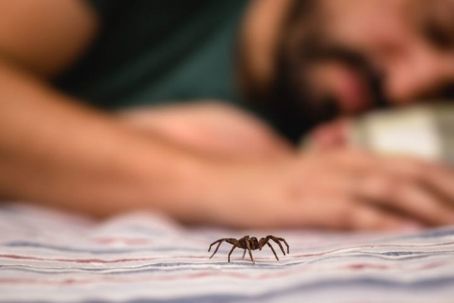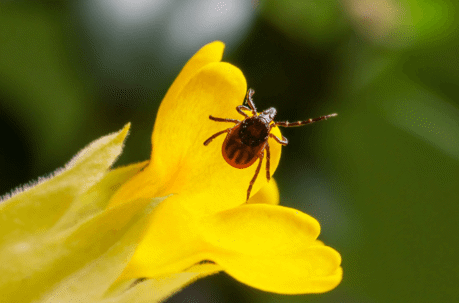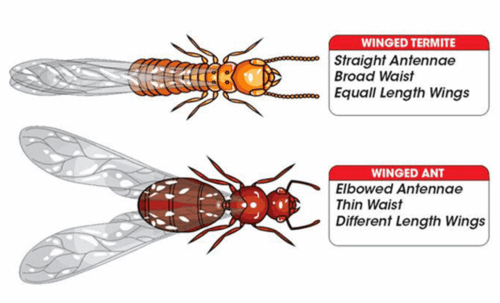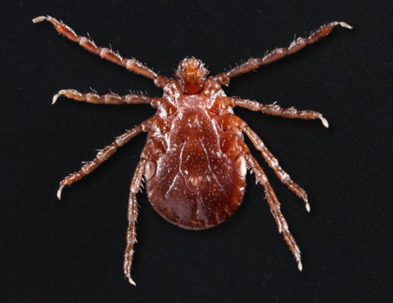HOW TO KEEP MICE OUT OF YOUR HOME THIS WINTER
HOW TO KEEP MICE OUT OF YOUR HOME THIS WINTER
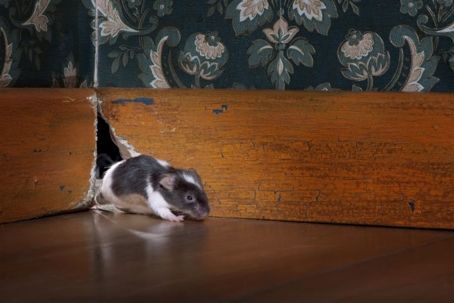
As the cooler temperatures of autumn give way to the harsh weather of winter, many animals will be seeking shelter and warmth. For mice and other rodents, the appeal of the warm nooks and crannies within our homes is a large draw! For you, though, mice can cause a nightmare of physical damage and health risks in your house. Before they make themselves at home, however, there are a few reliable steps you can take to ensure that this invasion is prevented early.
Knowing one’s opponent is important in any strategy – so what are homeowners up against? Mice are incredibly cautious and resourceful creatures. They are small, agile climbers and jumpers, and their anatomy allows them to squeeze through any holes larger than 3/16 of an inch (or 4.78 mm). They are driven survivalists who will scavenge and eat any food that they can find, but are drawn to foods high in sugar, fats, or proteins. Rodent’s regular diet consists of grains and seeds, but they aren’t shy about trying new diets!
This high drive for food and warm shelter means that one of the best preventative measures for keeping mice out of your home in the colder months means keeping food both properly sealed within your home, and away from potential entrances outside it. Any bird feeders, bushes, or vegetation that surrounds your house should be kept clear of proximity to your house (around 20 feet away). Any food indoors – be it the granola you have on the counter or your pet’s kibble should be properly sealed. When you do feed your pets, try to schedule the mealtimes rather than allowing grazing throughout the day. This will prevent the appeal of an open buffet.
Cleanliness is also key if you want to prevent uninvited guests. Crumbs, warm, protected and cluttered corners or debris will allow pleasant hiding places and undetected movement for rodents. They will also happily chew through and use any materials they can find – such as cardboard – to nest out of sight. Newspaper, boxes, laundry and firewood all make inviting spaces for mice and other rodents, so be sure to keep these clear of the ground and tidy.
Landscaping and properly sealing your home is an easy defense against the unpleasant surprise of an infestation this winter. Keeping branches clear from hanging near your roof can keep your attic protected. Clearing wood piles near the home, leaf piles or other debris can keep the jump from outside to inside less inviting as well.
Sealing the entrance points may seem intuitive, but mice find entrances we may not expect. Not only are they incredible climbers, but they can clear 13 inches in a single jump and chew through wood and aluminum alike. To start, ensure the doors and windows are sealed properly for the winter. Brush strips can help to retain heat and seal entrances for the colder months. Sealing cracks in walls, foundations and other places with mesh strips and or caulk will add further security. Steel wool will also help to mouse-proof gaps. Places where pipes run from inside to outside is another point to fortify, as are chimneys (a chimney cap when not in use may be a wise choice).
One way to passively discourage pests is also something that may be unexpected – scents. Mice and other rodents have a very keen nose. While helpful for sniffing out food, it also means they are far more sensitive to strong scents. There are a number of scents that they are known to be overwhelmed by. This includes: Cinnamon, Peppermint oil, Vinegar, and Citronella. If you are looking for natural products to prevent mice from seeing your home as a cozy place to hunker down in the winter, these may be a good option. You can approach this technique in a few ways. Perhaps you leave vinegar soaked cotton-balls near potential entrances for pests, or make a spray of a drop or two of peppermint or cinnamon oil to spritz your house with.
Several chemicals and household cleaners are also anathema to rodents – such as bleach, mothballs, and ammonia. These have a far less pleasant or natural scent and are less safe to use, though perhaps convenient. Much like the oils listed above, they can be added to water to make a spray. Be sure to use these with caution and in measured amounts so as not to endanger yourself or your housemates while you’re at it. A mask or gloves is recommended, as is good ventilation.
If you are aware of how rodents enter a home and what may attract them, you can easily nip the potential for an infestation in the bud before it becomes a nightmare. The importance of keeping things clean, tidy and storing any potentially attractive food or nesting materials cannot be overlooked. Sometimes, the simplest preventative measures can have the best results. This winter can be spent peacefully without the worry of unwanted guests so long as you take the time to protect your home proactively.
The post How to keep mice out of your home this winter appeared first on Total Pest Control, LLC.

